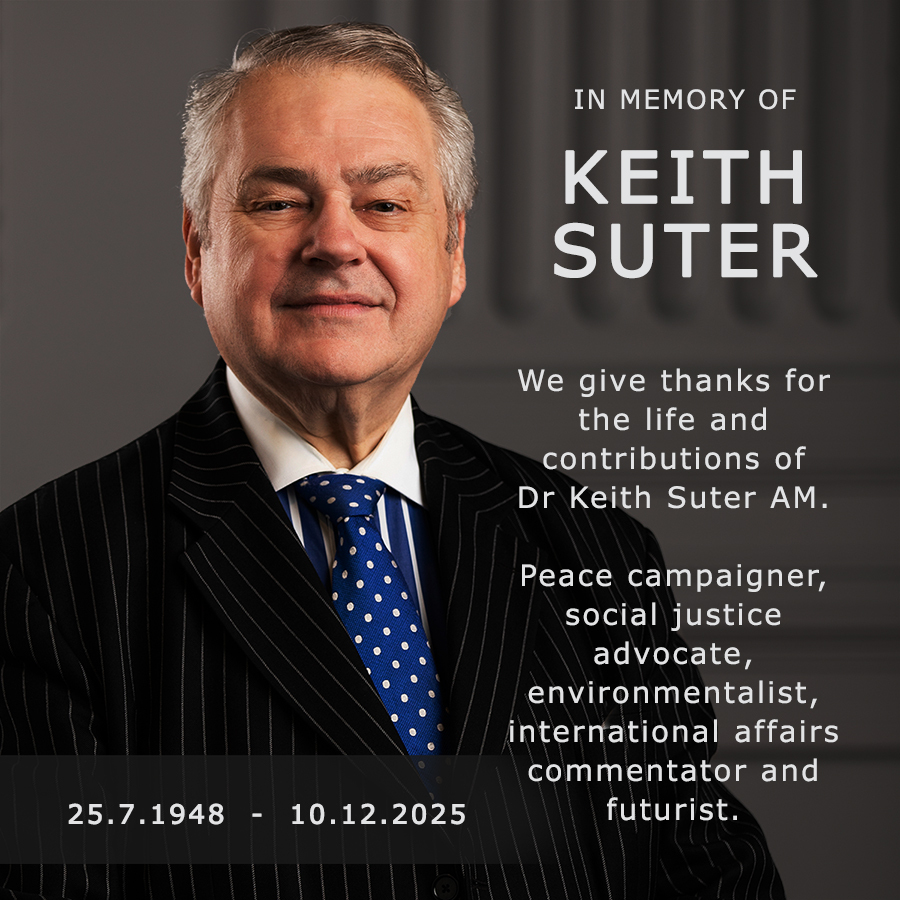
Catholic Church In Britain
November 5, 2008
One of the biggest Christian news stories in Britain in the last few months has been the conversion of the former British Prime Minister Tony Blair to the Catholic Church. It has generated many news angles.
His conversion has coincided with news that the Catholic Church has now more people worshipping on a Sunday than the Church of England. This is the first time since Henry VIII almost half a millennium ago that the Catholics have been doing that well.
Tony Blair has long been an unusual British politician. He was one of the most successful politicians in British history (managing to win three general elections in a go). But he was often more popular outside his Labour Party than inside it. He was also very clear about his Christian faith (as an Anglican), at a time when most British politicians were very restrained about publicising theirs.
His conversion has helped draw attention to the growing popularity of the Catholic Church. According to the independent Christian Research Organization, an average of 861,800 Catholics are in church on a Sunday, compared with 852,500 Anglicans. The Catholic congregations have been increased by migrants from eastern Europe.
But both figures are fairly small compared with the 42 million Britons who claimed in the last census that they were Christians. Most of them don’t seem to go to church all that often. Additionally both lots of attendance figures are well down on what they were a decade ago.
The church reforms commenced by Henry VIII resulted in the reduction of Catholic Church power in England, with the creation of the new national church, the Church of England. It became the “established” church, with special privileges (such the monarch being the head of the church, and representation in the House of Lords). Meanwhile, for centuries Catholics were discriminated against (such as being banned from attending universities).
Now there is a fresh call to reduce or even remove the “established” status of the Church of England. After all, it is no longer all that special in terms of weekly attendance. An alternative model – with the United States as an early pioneer – is the “church-state” split (which influenced the creation of Australia’s national constitution so that the Anglican Church is not “established” here).
Mr Blair’s conversion has also generated a discussion of the terms of his entry into the Catholic Church. Some of the debate has been over the apparent lack of “penitential decrees” – instructions for penance from the church for a person who has committed a crime and who wants to become a Catholic or remain one.
In 2003, Tony Blair (along with George Bush and John Howard) launched an invasion of Iraq without United Nations Security Council authorization. The then Pope was highly critical of the invasion and some international lawyers claim that it may have been a war crime.
Catholic social justice activists Bruce Kent and Valerie Flessati have said that after the particularly bloodthirsty Battle of Soissons in AD 923 in France, all of the soldiers had a year of excommunication from the church as part of the penitential decrees for their violence. They were punished by the church for their violence.
Kent and Flessati have argued that Blair “got off lightly” for his part in the 2003 Iraq invasion. He had no penitential decrees imposed on him. It seems, when it comes to membership, that the Catholic Church has also undergone some changes.

